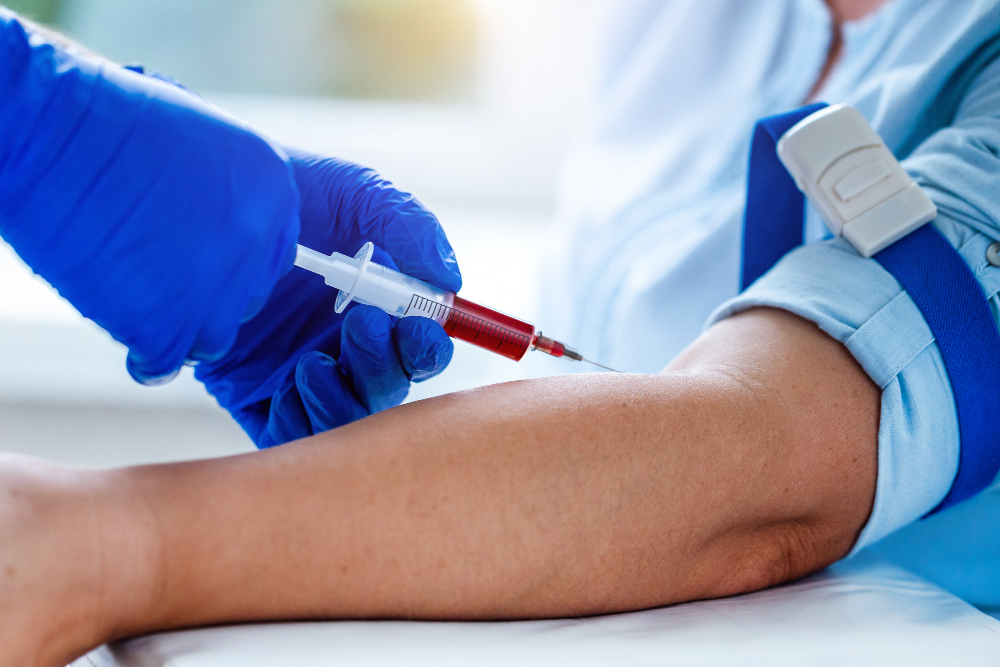What is a Procalcitonin Test?
The Procalcitonin Test is a blood test that helps doctors find serious bacterial infections. Often, it is called the procalcitonin blood test. This test checks the level of procalcitonin in your blood. Procalcitonin is a substance made by your body when you have a bacterial infection. Because of this, the test is useful for spotting infections early. Many doctors use it as a bacterial infection marker. In the United States, this test is common in hospitals. It is also known as a sepsis diagnosis test or a blood test for infection.
Why is the Procalcitonin Test Done?
Doctors order the Procalcitonin Test for several reasons. First, it helps find out if you have a serious bacterial infection. For example, it is often used to check for sepsis, which is a life-threatening infection. Sometimes, doctors use it to see if you need antibiotics. If your procalcitonin level is high, you may have a bacterial infection. On the other hand, low levels often mean you do not have a serious infection. This test can also help track how well your treatment is working. In addition, it can help avoid unnecessary antibiotics.
How is the Procalcitonin Test Performed?
The Procalcitonin Test is simple and quick. Usually, a nurse or technician draws a small amount of blood from your arm. The process takes only a few minutes. After the blood is collected, it is sent to a lab for testing. You can go home right after the test. Most people feel only a small pinch during the blood draw. Because the test is safe, you do not need to worry.
How to Prepare for the Test
In most cases, you do not need special preparation. However, it is a good idea to tell your doctor about any medicines you take. Sometimes, certain drugs can affect your results. If you have questions, ask your healthcare provider before the test. You can eat and drink as usual unless your doctor says otherwise.
Understanding Your Procalcitonin Test Results
After the lab checks your blood, your doctor will explain the results. Procalcitonin levels are measured in nanograms per milliliter (ng/mL). Here is what your results may mean:
However, other factors can affect your results. For example, some surgeries, injuries, or other illnesses can raise procalcitonin levels. Therefore, your doctor will look at your symptoms and other tests too. It is important to remember that this test does not find viral infections. So, a high result usually means a bacterial cause.
Risks and Considerations
The Procalcitonin Test is very safe. Most people have no problems. Still, as with any blood test, you might notice:
Although the test is helpful, it is not perfect. Sometimes, other health problems can change your procalcitonin level. For example, major surgery or severe injury may cause higher levels. Always talk to your doctor about your full health history.
Frequently Asked Questions about Procalcitonin Test
When to Consult a Doctor
If you have symptoms like high fever, chills, fast heartbeat, or confusion, see a doctor right away. These may be signs of a serious infection. Even if you feel unsure, it is better to ask your healthcare provider. Early testing and treatment can save lives. Always follow your doctor’s advice about the Procalcitonin Test and any other medical care.
Consult a healthcare professional for personalized advice about the Procalcitonin Test.

